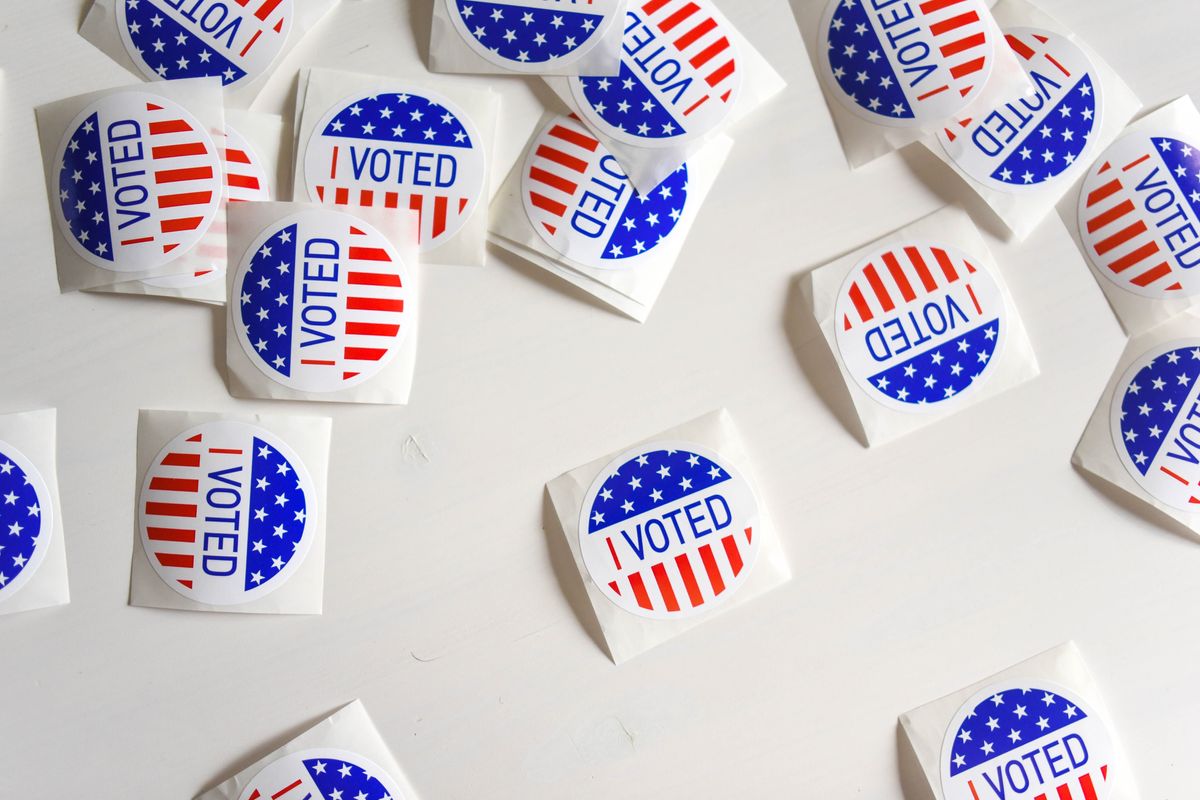Who does the Electoral College really benefit and is it still necessary?
"In a theory, a president should be elected based on the amount of votes he/she receives. But our founding fathers decided on a different system that doesn't necessarily benefit the entirety of the country."

I'm a fairly fast learner. I pick things up pretty swiftly and don't need much explanation in the process. But one process that continues to confuse me, regardless of how much explanation I receive, is the archaic and unfair practice of the Electoral College.
I used to think a president was elected based on the amount of votes he/she received. Which in theory, is the way it should be, right? But our founding fathers decided on a different system that doesn't necessarily benefit the entirety of the country. Then again, the majority of our country's history didn't benefit the nation as a whole.
In fact, politicians have discussed the removal of the Electoral College for years based on its unfair nature. But what exactly is the Electoral College and how does it work?
What is it, really?
If you're anything like me, you probably assumed a president has to win the most overall votes in order to secure an election victory. That assumption would be inaccurate.
I know, I was just as shocked.
An electoral collage is made up of 538 electors. Instead of trying to win the most votes in the country, a presidential candidate must win state victories consisting of more than 270 electoral votes. Whichever party hits that mark first, wins the election.
How does it work?
Every state gets an elector for one senator, which is always two per state, and one elector for each U.S. House of Representative, which differs per state. Thirty-three states choose electors by party convention, seven states (and District of Columbia) select electors by state party committees. The remainder of states appointment electors by party nominees or by presidential nominee appointments.
Because electors are loyal to their parties, they must vote for the candidate their party supports. Once ballots are cast and tallied, the electors reconvene in their states during December to officially vote for president and vice president. But there's one final step in this dizzying puzzle.
Once January rolls around, members of the House and Senate officially meet tally up those votes. So, just because one candidate won more votes overall doesn't necessarily mean they'll be inaugurated thanks to the Electoral College.
Who ok'd this?
Once again, we can thank our founding fathers for creating a system that benefits a certain demographic, while disproportionately affecting another. And that demographic would be the one consisting of the rich, white male.
What else is new, America?
The electoral college dates back to 1804, when it was initially ratified. At the time, Black enslaved individuals made up 40 percent of the South's population. Southern delegates wanted to include them when determining how many representatives their states would receive in Congress. Northerners did not agree with this, arguing slaves didn't require representation.
(Insert dramatic eye-roll here)
This led to the creation of the disgusting "three-fifths compromise," where every Black individual counted as only three-fifths of a person when identifying congressional representation for each state by population. Regardless of the progress we've made in America, that progress doesn't necessarily translate into politics.
Can't we just get rid of it?
Getting rid of the Electoral College would require some serious legislation. An entire Constitutional amendment to be exact. For those that know their way around the U.S. Constitution, or basic U.S. politics, you would know creating a new amendment is an extensively drawn out process.
It would require a Constitutional amendment consisting of two-thirds of the U.S. House of Representatives, two-thirds of the Senate, and three-fourths of the states to vote on it. And when you have a country tremendously divided, that's a lot easier said than done.
But hope is not all lost.
Many individuals want the Electoral College abolished. Certain states have already signed a pact promising to give their Electoral College votes to the winner of the national popular vote. For example, if Biden were to win the popular vote in a longtime Red state such as Texas, the state would award him all of its electoral votes, despite how he fared on the state ballot.
"Every vote matters," said Sen. Elizabeth Warren, D-Mass., in Mississippi last year. "And the way we can make that happen is that we can have national voting and that means get rid of the Electoral College."
Even President Trump supported abolishing the Electoral College at some point, stating it was a "total disaster for democracy." Of course, Trump has since changed his views on the Electoral College, thanks to his 2016 victory.
But there's no denying the Electoral College is an incredibly unfair system, over-representing individuals that cater to a specific demographic. A demographic primarily made up of non-white voters.


